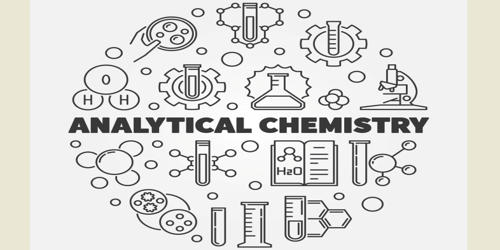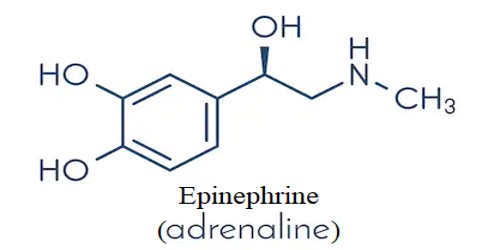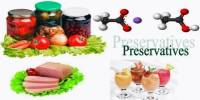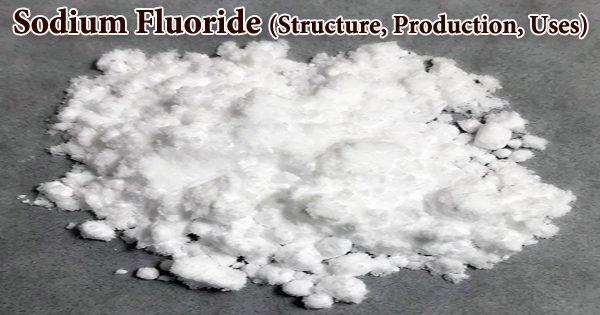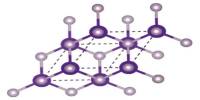Analytical chemistry is a branch of chemistry that deals with the separation, identification, and quantification of chemical compounds. Analytical chemistry studies and uses instruments and methods used to separate, identify, and quantify matter. It is the art of separating and recognizing different substances and determining the constituents of a sample. In practice, separation, identification, or quantification may constitute the entire analysis or be combined with another method. Separation isolates analytes. Qualitative analysis identifies analytes, while quantitative analysis determines the numerical amount or concentration.
Analytical chemistry consists of classical, wet chemical methods and modern, instrumental methods. It is the science of obtaining, processing, and communicating information about the composition and structure of matter. It is not an end in itself but is applied to basic chemistry research, and has practical application in industry, medicine and other branches of science based on the general study of materials. Classical qualitative methods use separations such as precipitation, extraction, and distillation. Identification may be based on differences in color, odor, melting point, boiling point, radioactivity, or reactivity. Classical quantitative analysis uses mass or volume changes to quantify the amount. It is that branch of chemistry in which samples are analyzed in order to determine their components qualitatively and quantitatively. Analytical chemists use their knowledge of chemistry, instrumentation, computers, and statistics to solve problems in almost all areas of chemistry and for all kinds of industries.
Analytical chemistry is the art and science of determining what matter is and how much of it exists. Instrumental methods may be used to separate samples using chromatography, electrophoresis, or field flow fractionation. Then qualitative and quantitative analysis can be performed, often with the same instrument and may use light interaction, heat interaction, electric fields, or magnetic fields. Often the same instrument can separate, identify, and quantify an analyte. The exciting part of analytical chemistry is that you get to work with all kinds of samples and analytical chemists have jobs in various fields such as the food and drug industry, soil chemistry, the perfume industry, and medical laboratories.
Analytical chemistry is also focused on improvements in experimental design, chemometrics, and the creation of new measurement tools. Chemical analyses can be qualitative, as in the identification of the chemical components in a sample, or quantitative, as in the determination of the amount of a certain component in the sample. Analytical chemistry has broad applications to medicine, science, and engineering.
